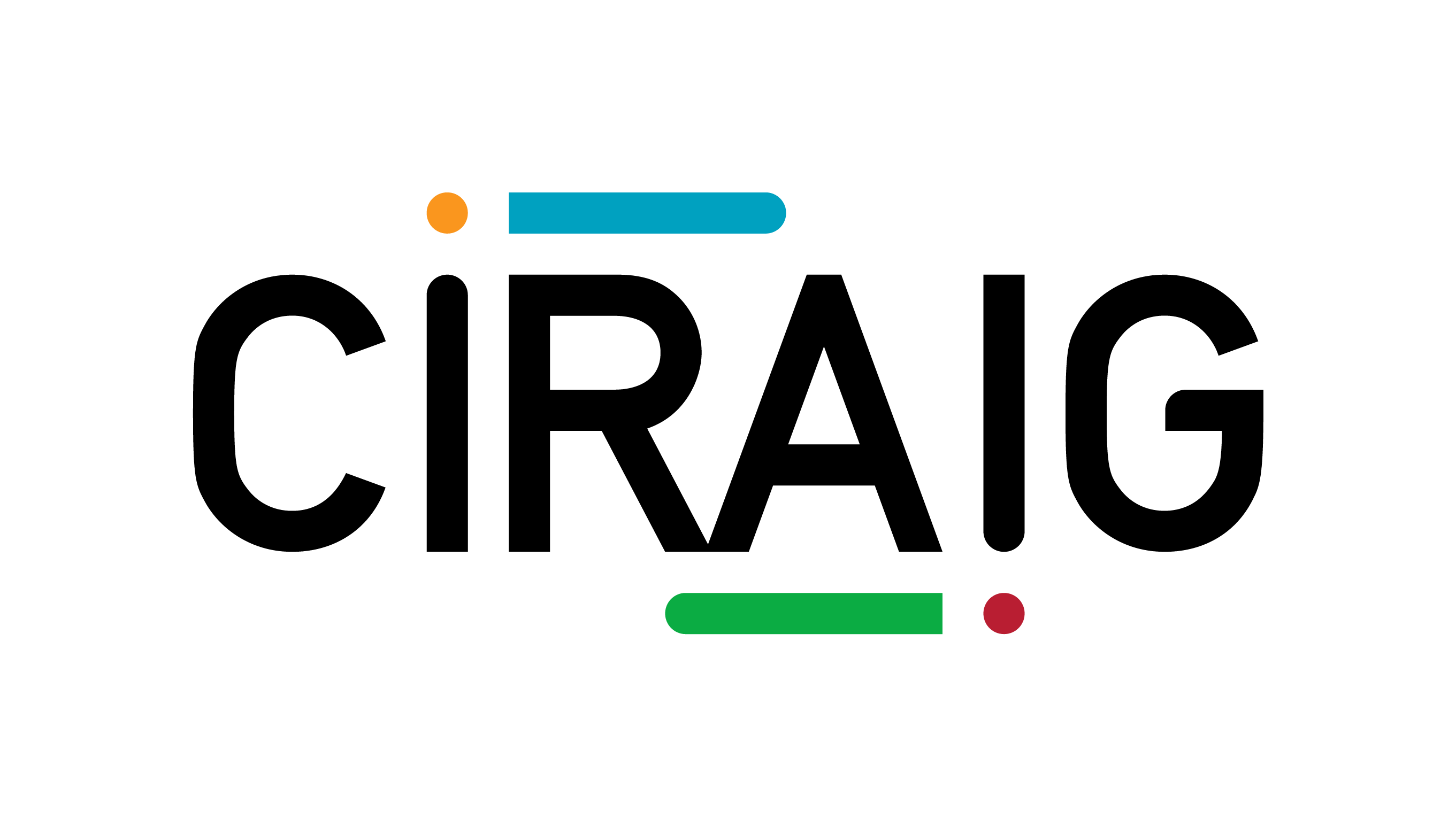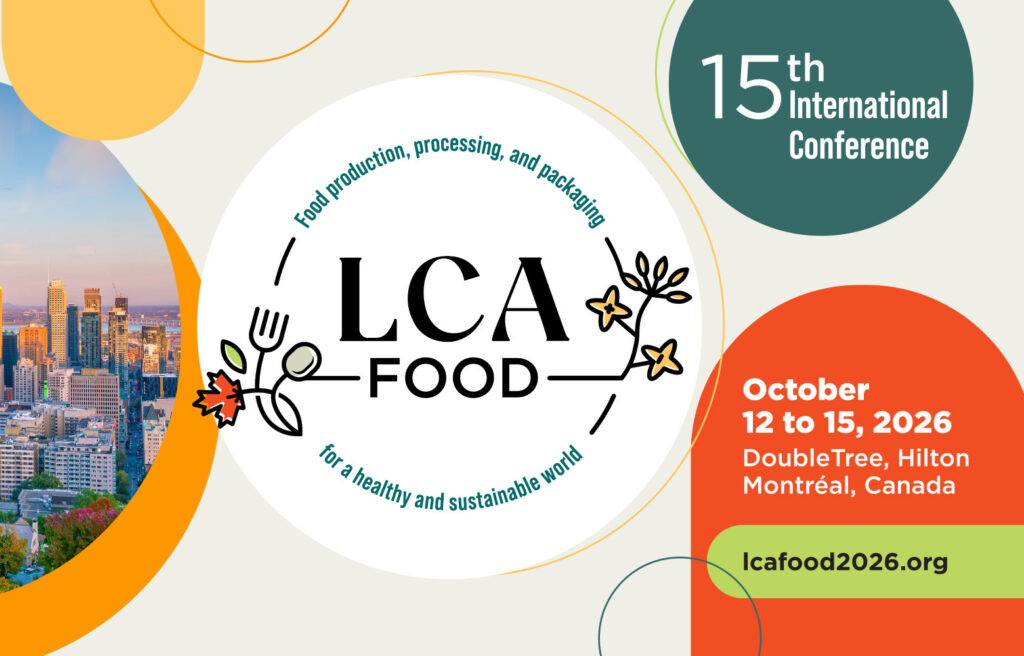
Behind the life cycle of a product, from the cradle to the grave, there is a story to tell.
Not only about its potential impact on the environment, but as well in terms of social and socio-economic impacts – or potential impacts – of its production and consumption on the workers, the local communities, the consumers, the society and all value chain actors. Today’s value chains are often complex, global and because of it, faceless. Shedding light on the human relationships impacted by the life cycle of goods and services helps to re-establish the connection and identify ways in which social conditions can be improved.
Therefore, there is a need for guidelines to complement Environmental Life Cycle Assessment (E-LCA) and Life Cycle Costing (LCC), and by doing so contributing to the full assessment of goods and services within the context of sustainable development.
These Guidelines present the Social and socio-economic Life Cycle Assessment (S-LCA), a powerful technique to assess and report about these impacts and benefits of product life cycle from the extraction of the natural resources to the final disposal. It provides an adequate technical framework from which a larger group of stakeholders can engage to move towards social responsibility when assessing the life cycle of goods and services.
In collaboration with
We use cookies on our website to give you the most relevant experience by remembering your preferences and repeat visits. By clicking “Accept”, you consent to the use of ALL the cookies.
Manage consent
Privacy Overview
This website uses cookies to improve your experience while you navigate through the website. Out of these, the cookies that are categorized as necessary are stored on your browser as they are essential for the working of basic functionalities of the website. We also use third-party cookies that help us analyze and understand how you use this website. These cookies will be stored in your browser only with your consent. You also have the option to opt-out of these cookies. But opting out of some of these cookies may affect your browsing experience.
Necessary cookies are absolutely essential for the website to function properly. This category only includes cookies that ensures basic functionalities and security features of the website. These cookies do not store any personal information.
Any cookies that may not be particularly necessary for the website to function and is used specifically to collect user personal data via analytics, ads, other embedded contents are termed as non-necessary cookies. It is mandatory to procure user consent prior to running these cookies on your website.
Your subscription could not be saved. Please try again.
Your subscription has been successful.






